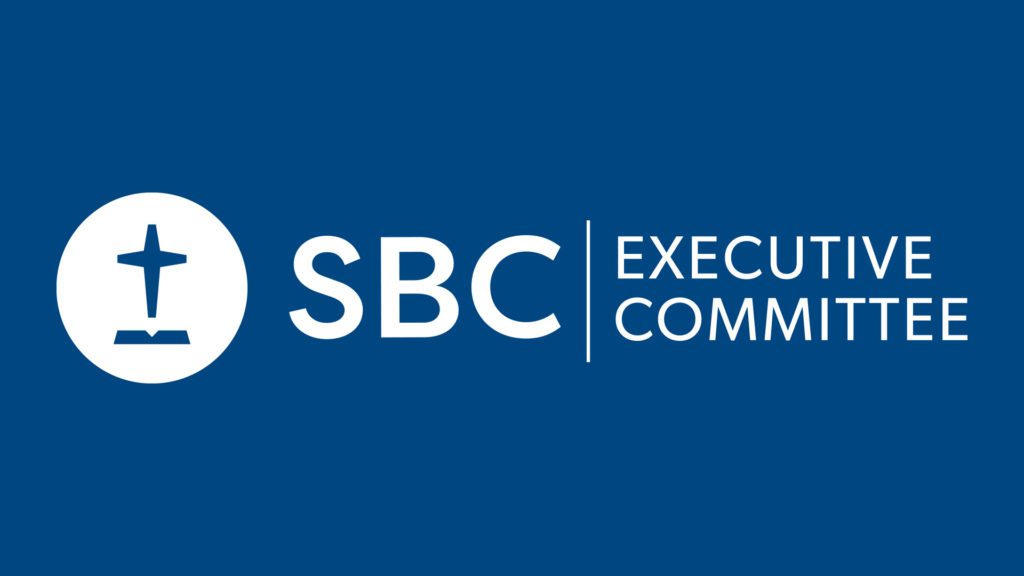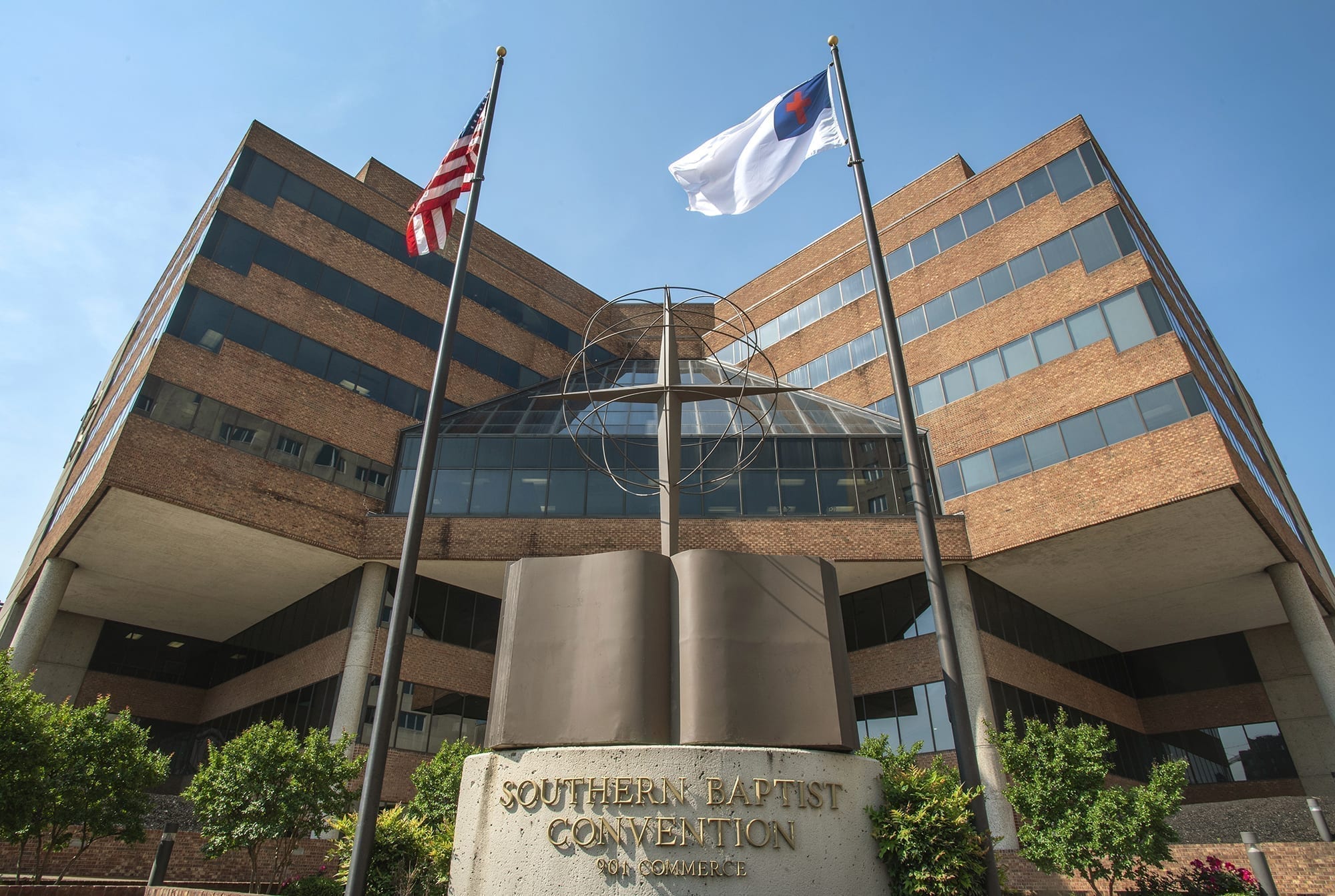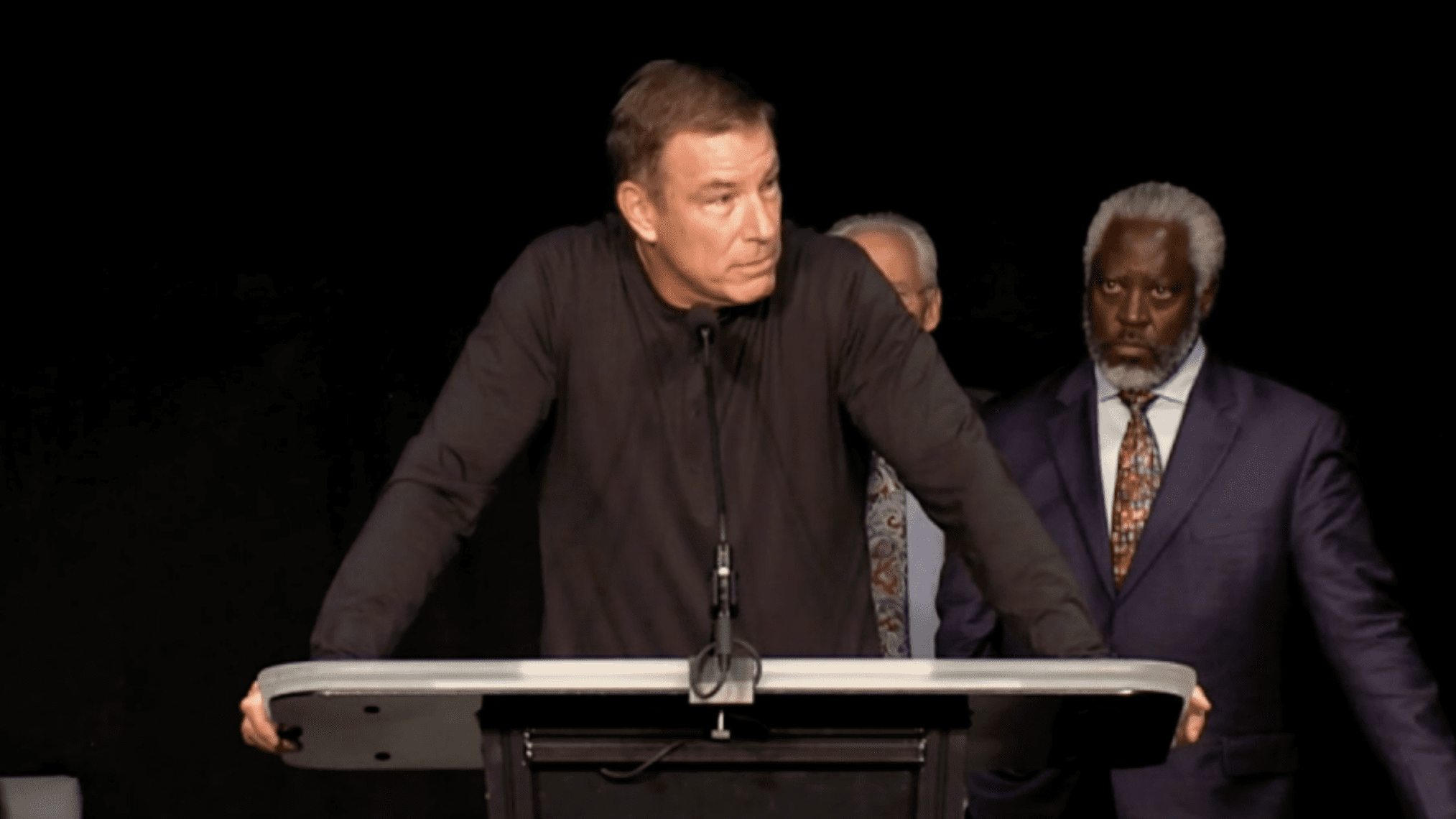
A five-hour meeting by the Southern Baptist Convention (SBC) Executive Committee (EC) members Sept. 28 included debate over three different motions and amendments toward negotiating a contract with the Sexual Abuse Task Force and Guidepost Solutions. The end result brought another agreement to extend discussions another seven days in order to pursue a potential agreement through what came to be called the Michigan model.
In a statement from an EC spokesperson, Southern Baptists were asked to pray “that seven days from now we will finally have a Task Force and Executive Committee Board of Trustees united not only in its commitment to address concerns related to sexual abuse (through the independent review) but also confident in a process that complies with the will of the messengers and is attentive to all other fiduciary and legal considerations.
“We pray Southern Baptists will see this grueling and deliberative process as necessary, and in accordance with the Convention’s bylaws, as the Board of Trustees, Task Force and Executive Committee leadership all work diligently, prayerfully and as expeditiously as possible to do the right thing in the right way. We are all in this together.”
Under the Michigan model, the investigative team – in this case, Guidepost – can see all the evidence while only reporting on non-privileged information. The task force would contract not only with Guidepost, but with a law firm.
“The law firm would provide the umbrella of privilege, Guidepost would conduct the investigation working with the law firm on privilege issues and Guidepost would have access to all information,” said Guidepost CEO Julie Myers Wood. “Guidepost could not report on privileged information in its public report.”
A point of negotiation comes with who gets to determine the law firm. Task Force chairman Bruce Frank was asked to join the EC call on Tuesday. Frank said that on Monday, EC representatives wanted to be able to choose the contracted law firm.
“That would put them in a fiduciary relationship as the investigated people,” he pointed out. “We said that as long as the task force is the one doing the contracting, thereby taking out the conflict of interest, the Michigan model is doable.”
On three occasions EC members discussed and voted on motions. The first, brought by Arlington, Texas, pastor Jared Wellman, largely echoed the motion he offered at last week’s meeting in Nashville that was defeated 55-20. That motion explicitly waived attorney-client privilege and was defeated again Tuesday, though at a much smaller margin by a 39-35 vote.
Later, another motion by Rapid City, S.D., pastor Joshua Bonner went into greater detail and called for the topic of attorney-client privilege to be approached at the completion of the investigative process. That motion also was voted down. A third motion presented by Rod Martin, of Destin, Fla., was ultimately approved by EC members and reads as follows:
“I move we give officers seven days in which to conclude negotiations with the Task Force and Guidepost, if at all possible using the Michigan model.”
Discussions bounced between how close EC officers and task force members were in reaching an agreement regarding attorney-client privilege during weekend meetings. Members wrestled with how to meet the will of the messengers who voted at the SBC annual meeting for an independent third-party investigation of allegations in mishandling sexual abuse claims while being faithful to their fiduciary responsibilities on behalf of the EC.
Although the Michigan model doesn’t check every box on the task force’s wish list, said Frank, it could potentially lead to what messengers truly hope for.
“I think we can stand up [and say to SBC messengers], while we didn’t get attorney-client privilege waived, you can believe this report. This report was thorough,” he said, adding: “It can be a very good report with the Michigan model.”
SBC President Ed Litton remained prayerful that the EC “will ultimately choose to take the necessary step of waiving attorney-client privilege and demonstrate that its commitment to full cooperation is more than mere words.”
“After failing to reach an agreement during the previous seven-day extension, I am grieved the Executive Committee determined yet more time is needed before honoring the clear will of the messengers with regard to attorney-client privilege,” he said. “As Task Force Chairman Bruce Frank made clear today, there is no question about whether the investigation will take place. The only question that remains is whether the Executive Committee will pledge its full support and cooperation to this process by adhering to the messengers’ direction.”
Compared to where things were a week ago, EC Chairman Rolland Slade felt both sides were much closer to an agreement and “a fair and factual investigation.”
“It’s about the people, the ones who have been hurt. I’m hoping that’s where our hearts will continue to stay,” he said. “I think we’re closer to something [workable].”
At the beginning of the meeting, Slade expressed disappointment at the fruitless result of eight hours of meetings Sept. 27.
“We tried,” he said. “We outlined at the beginning where we were having a difference [of opinion] and picked the low-hanging fruit, getting that out of the way.
“The big fruit in the room, of course, was attorney-client privilege.”
In the 24 minutes before going into executive session, EC members and those watching on the meeting’s live stream also heard from EC officer Robyn Hari and EC President and CEO Ronnie Floyd. Although a full agreement was not met, Hari said there was “a good spirit in the room” that led to “healthy … respectful conversation.
“We certainly know how important it is to honor the request of the messengers [but] it allowed us also to present challenges we were facing,” she said. “… At the end of the day we’re all trying to gather information and make the most informed decision we can.”
Floyd offered to “reaffirm” his commitment in his personal walk as a Christian as well as his position with the EC “to do all that we can to prayerfully eliminate all incidents of sexual abuse in our churches.”
“This is why I support the independent review of the SBC Executive Committee occurring since the year 2000,” he said. “This organization and its members – past, present and future – should always consider any type of sexual abuse as unacceptable.
“In my role with you, it is incumbent upon me to remind everyone that the best way to accomplish this objective for all concerned is to listen to and follow the advice of our counsel so we can avoid unintended consequences and confusion. And above all else, our legal counsel, we pray, will assist us in the most professional and ethical manner possible so all of us can respond appropriately to the challenges ahead.
“I am committed to working with everyone through this very difficult time, and quite honestly, a time that is filled with enormous challenge for all of us.”
(EDITOR’S NOTE – Scott Barkley is national correspondent for Baptist Press.)


